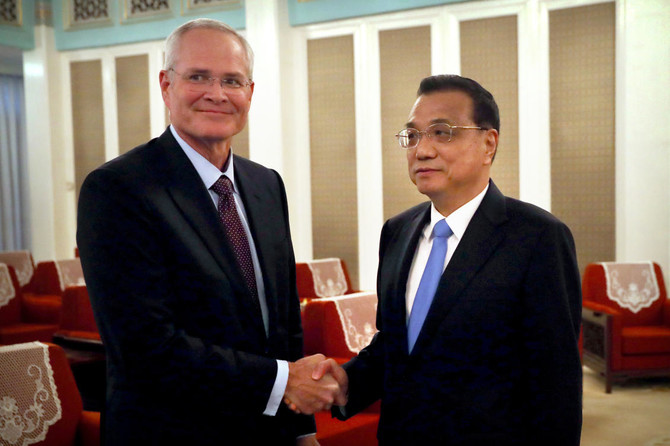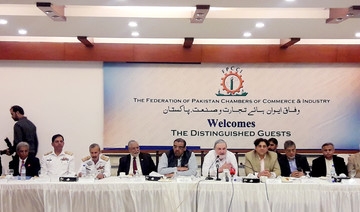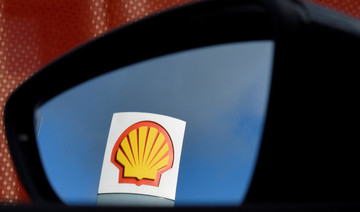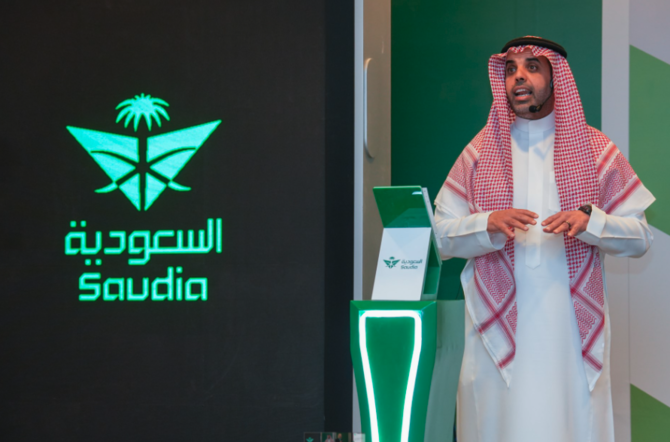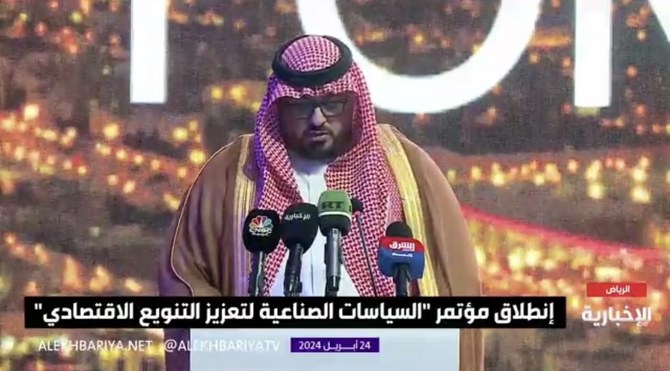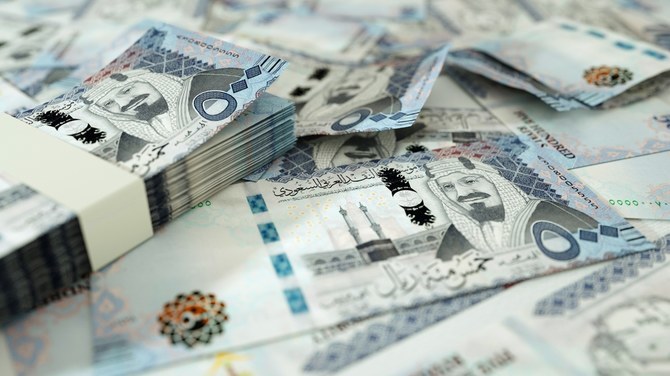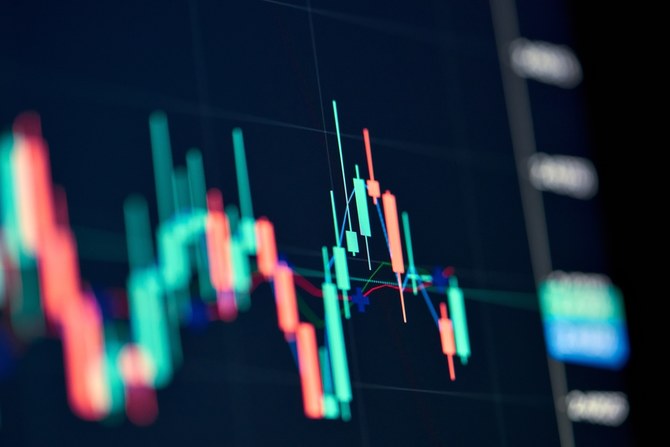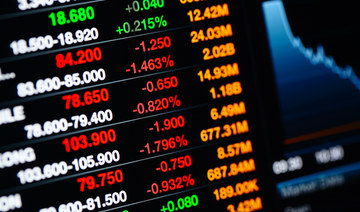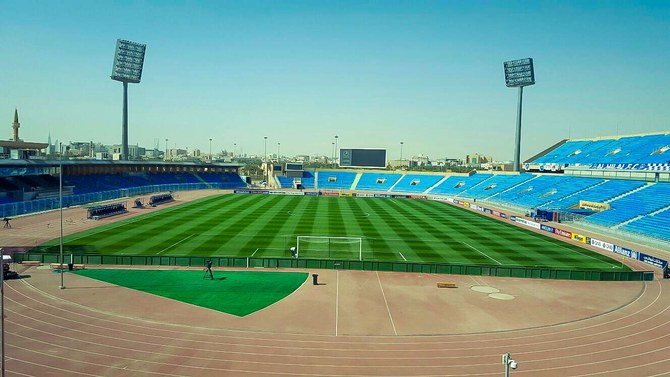HOUSTON: The world’s largest publicly traded oil and gas company is turning to Beijing for business at a time when most of corporate America is looking elsewhere to avoid the threat of tariffs amid the Sino-US trade war.
Exxon Mobil Corp. is placing big bets on soaring demand for liquefied natural gas (LNG) in China, coupling multi-billion dollar production projects around the world with its first mainland storage and distribution outlet.
Its gas strategy has been moving on two tracks: Expanding output of the super-cooled gas in places such as Papua New Guinea and Mozambique, and creating demand for those supplies in China by opening Exxon’s first import and storage hub, according to an Exxon manager and people briefed on the company’s plans.
That combination “will guarantee us a steady outlet for lots of our LNG for decades,” said the Exxon manager who was not authorized to discuss the project and spoke on condition of anonymity. One of the company’s top policy goals this year, the manager said, is building its Chinese client roster.
“China’s natural gas demand is rising really fast, with imports soaring well over 10 percent annually at the moment because of the government gasification program and due to fast rising industrial demand, including in petrochemicals,” the Exxon manager said.
An Exxon spokesperson declined to provide an executive to discuss the company’s LNG investments in China.
Years in the making, the strategy delivers an added benefit: Helping Exxon sidestep a global trade war. Exxon’s massive LNG projects in Papua New Guinea and Mozambique will not incur the 10 percent tariff China put on US gas as part of the trade war between the Trump administration and Beijing.
Jason Feer, head of business intelligence at LNG tanker brokers Poten & Partners, which tracks LNG sales, said the deal provides “a sign that China is willing to let foreign interests invest in things that in the past were seen as strategic.”
Exxon is among the top ranked US companies that are pushing ahead in China despite the trade dispute, but it is not alone. US and European car makers are opening or expanding China plants to avoid hefty tariffs and transport costs. Tesla Inc. this month acquired a Shanghai site for a car and battery-manufacturing complex.
Exxon’s Asian and African LNG will offer a cost advantage over US rivals’ exports that face tariffs and greater transport costs, while China’s support for the project offers a rebuttal to Trump administration complaints about the country’s closed markets.
The decision to expand LNG production and open an import terminal in the world’s fastest growing LNG market is a step by Exxon CEO Darren Woods to pull the company out of an earnings rut that has left its shares flat over the past seven years.
Woods appeared holding discussions with Chinese Premier Li Keqiang on state-run media last month days after disclosing local approvals for the LNG terminal and a massive chemical project in Guangdong province. Since becoming CEO last year, Woods has pushed Exxon to take greater risks, including in energy trading operations.
His timing with LNG is key. Next year, China will become the world’s largest importer of natural gas, and its LNG imports are forecast to rise 70 percent by 2020, from 38.1 million tons last year, Beijing consultancy SIA Energy estimated.
Exxon has not publicly named its partner in the import terminal. State-run power company Guangdong Yuedian Group said on its website it will join the project. BP Plc is the only other foreign oil major with a stake in a Chinese LNG terminal.
Yuedian did not respond to a request for comment.
The multi-billion dollar move still faces risks from the Sino-US trade dispute. China has vowed to respond to any new tariffs by the Trump administration, which recently accused China of meddling in the US’s mid-term elections in November and trying to recruit Americans to spy for it. But it remains unclear what that response will be and if it puts agreements such as Exxon’s in China in jeopardy.
In addition to the LNG terminal, Exxon received approval for its first wholly-owned chemical plant in China, becoming the second foreign firm after Germany’s BASF to gain approval to operate such plants without a local sponsor.
The terminal and chemicals plants combined will cost about $9 billion to build, consultancy IHS Markit estimates.
China in 2017 embarked on a huge program to shift millions of households and factories from coal to natural gas for power and heating, a move to clear the smoggy skies over its cities.
That surge has injected new life into an LNG industry that suffered from plunging prices between 2014 and 2017, which forced energy companies to put off liquefaction projects.
But with prices for LNG rising this year, major producers have boosted investment. In addition to Exxon, Royal Dutch Shell this month gave the go-ahead to a $31 billion LNG Canada project that will export fuel primarily to China.
“Major independent oil companies such as Exxon aim for large-scale tier one positions, and in the LNG game that is Qatar, East Africa, and possibly some North American and Papua New Guinea projects,” said Saul Kavonic, oil and gas researcher for Credit Suisse in Sydney, Australia.
Exxon and other LNG producers also are adapting to changing buyer behavior. In the past, LNG was dominated by long-term supply contracts — especially with Japanese and South Korean buyers — that could span several decades and in which buyer and seller agree to a fixed monthly volume at a set price formula, usually priced off crude oil.
That is changing, in part because China’s importers either demand more contract flexibility or simply buy LNG at short-notice in the spot market whenever they need it.
The shift away from such rigid price-supply deals is forcing producers to trade new LNG supplies and give import terminals a larger role in encouraging spot purchases.
“LNG players are increasingly adopting an LNG portfolio model whereby supply projects are not directly linked to end customers, with more than 50 percent of contracts now coming from portfolio suppliers rather than specific projects,” said Credit Suisse’s Kavonic.


